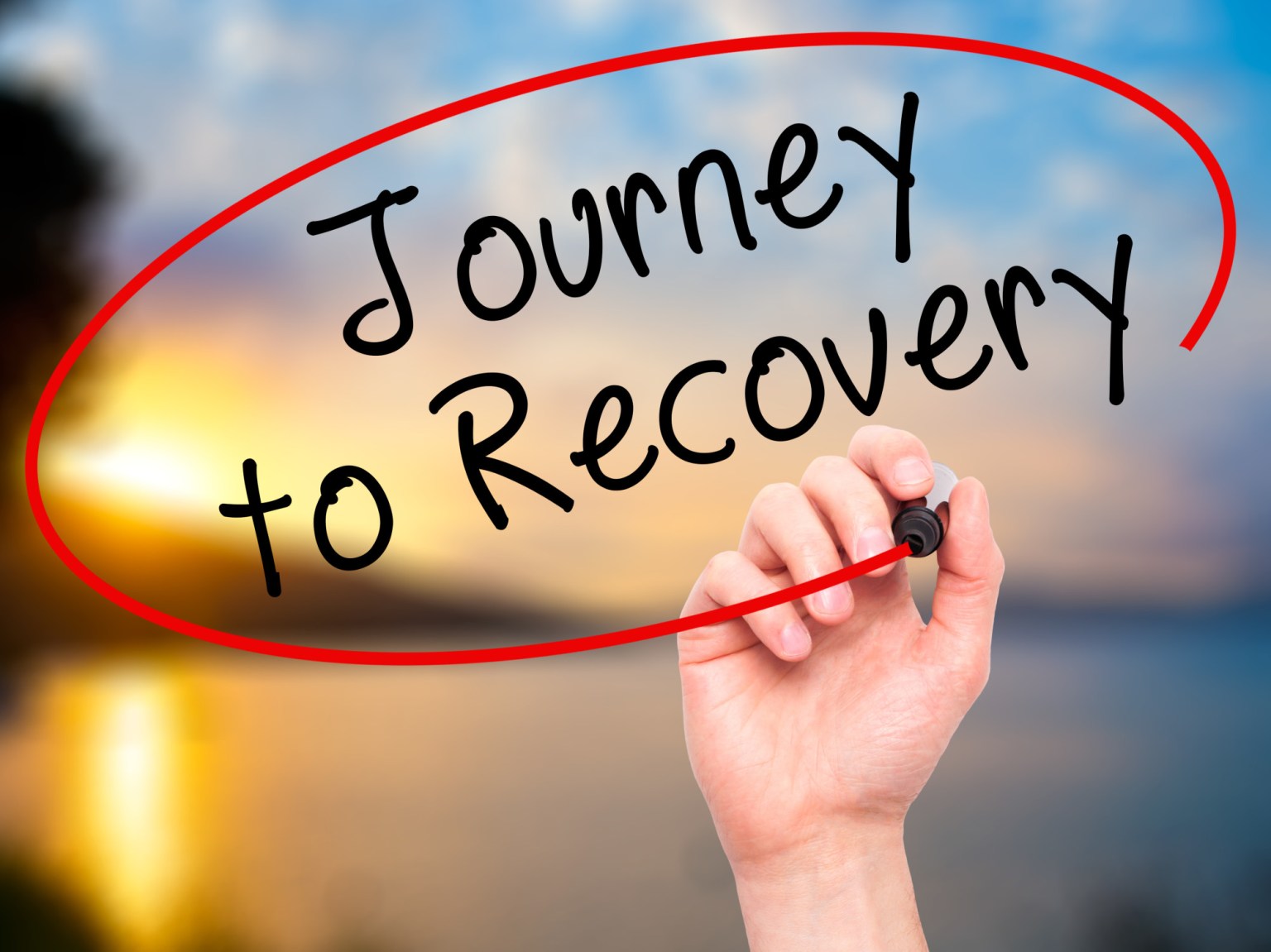
Getting Back to Work: How to Prepare for Your SAP Evaluation
Photo from sapevaluations
Originally Posted On: Getting Back to Work: How to Prepare for Your SAP Evaluation (sapevaluations.com)
Remember that if you are a Department of Transportation employee and operate an aircraft, train, truck, or vehicle, you are subject to DOT drug and alcohol testing. In fact, according to the DOT, you may be subject to pre-employment, random, and post-accident testing.
More importantly, failing the DOT drug or alcohol test can cost you your job, at least temporarily. After testing positive for any substance that deters your mental or physical state, you will need to undergo and pass an SAP evaluation.
What is an SAP evaluation and how can you prepare for it?
Read on to learn everything you need to know in our comprehensive guide to SAP evaluation preparation.
Understand What an SAP Evaluation Is
First thing’s first: let’s talk about what an SAP, or substance abuse professional, can do. SAPs often have a background in clinical psychiatry, therapy, social work, or drug and alcohol rehabilitation. Their job is to help you find the courses and programs you need to achieve sobriety and get back to work as smoothly as possible.
Phase 1
To start, you will receive an in-person SAP evaluation. During this time, you will fill out paperwork covering topics like your family’s history of substance abuse, mental and medical health, and more. Afterward, you will have a discussion with your SAP about the kinds of substances you use, the frequency with which you use them, and more.
During this process, your SAP will compile a few educational and rehabilitative programs for you to complete. Your SAP will take into consideration your location, availability, and financial stability before selecting these programs. It is your job to complete these programs on your own time and receive certification or testimony that you have done so.
Phase 2
Once you have completed the recommended programs, you will return to your SAP to discuss your progress. Based on feedback from program facilitators and a second in-person evaluation, your SAP will determine whether or not you are ready to go back to work. They will also decide whether or not you need ongoing treatment, education, or meeting attendance to stay on the path to sobriety.
Determine Your Best Path to Sobriety
The path to sobriety will vary from person to person. To enter into your SAP evaluation in a positive and cooperative way, take some time beforehand to consider your own needs.
Some individuals are able to stop using (or over-using) substances on their own, without medical attention or supervision. However, if your substance abuse developed into dependency, it may be best to enter into a facilitated rehab program. Detoxing without medical treatment can be dangerous and even deadly for some people.
If you aren’t sure what path to sobriety is best for you, that’s okay. The important thing is to tell your SAP the full truth so that they can help you find the best and safest treatment.
Make the Commitment to Change Your Life
Unless you want to end up right back in your SAP’s office down the road, it’s time to commit to a clean and sober lifestyle. This can involve some shifts in your lifestyle and in your mindset. Let’s talk about what some of those shifts look like so you can prepare yourself for this commitment.
Attending Meetings or Support Groups
Even if it’s been weeks, months, or even years since you’ve attended an SAP evaluation and stopped using substances, it can still be beneficial to attend sobriety meetings or support groups. These are spaces where we can discuss our stressors and accomplishments with people who truly understand. Having that kind of support rather than going it alone can increase your chances of maintaining sobriety.
Avoiding Your Triggers
Think about the times when you do use substances. What was happening when you used the substance that led to your failed DOT drug or alcohol test? It may be stress, social pressure, boredom, or even the urge to celebrate.
Whatever your triggers are, it’s important to identify them so that you can avoid them. This could involve cutting certain people or places out of your life, which isn’t always an easy thing to do. Lean on your support system as you prepare to take these difficult steps.
Finding Healthier Coping Mechanisms
Avoiding our triggers isn’t always possible, which is why it’s important to develop healthier coping mechanisms. Using a substance is a way of dulling negative emotions and perhaps enhancing (fleeting) feelings that seem positive. Using them too much can actually rewire our brains to think we need those substances in order to feel happy or calm.
One of the best ways to alter this process is to replace the habit with something more positive. As you prepare for your SAP evaluation, think about some of the things you can do to replace your substance use habit.
Attend Your First SAP Meeting
Finally, the only thing left to do is set up your first SAP meeting and attend it! Even if you’re unsure of the best treatment for you or don’t feel confident about any of the above steps, it’s okay. Your SAP is here to help.
Take Charge and Sign Up for a SAP Evaluation Today
After failing your DOT drug or alcohol test, you’re going to need to set up an SAP evaluation. Remember that this is not a process of gatekeeping. Instead, your SAP is here for you and wants to help you take charge of your life and get your job back.
The Diversion Center is a DOT-approved SAP evaluation center. We have locations in Duluth, Fayetville, Jonesboro, Lawrenceville, and Marietta. We know how important is to get started on this process, so we provide same-day appointments for DOT employees in the area.
To get started, select your nearest location and contact us today!
